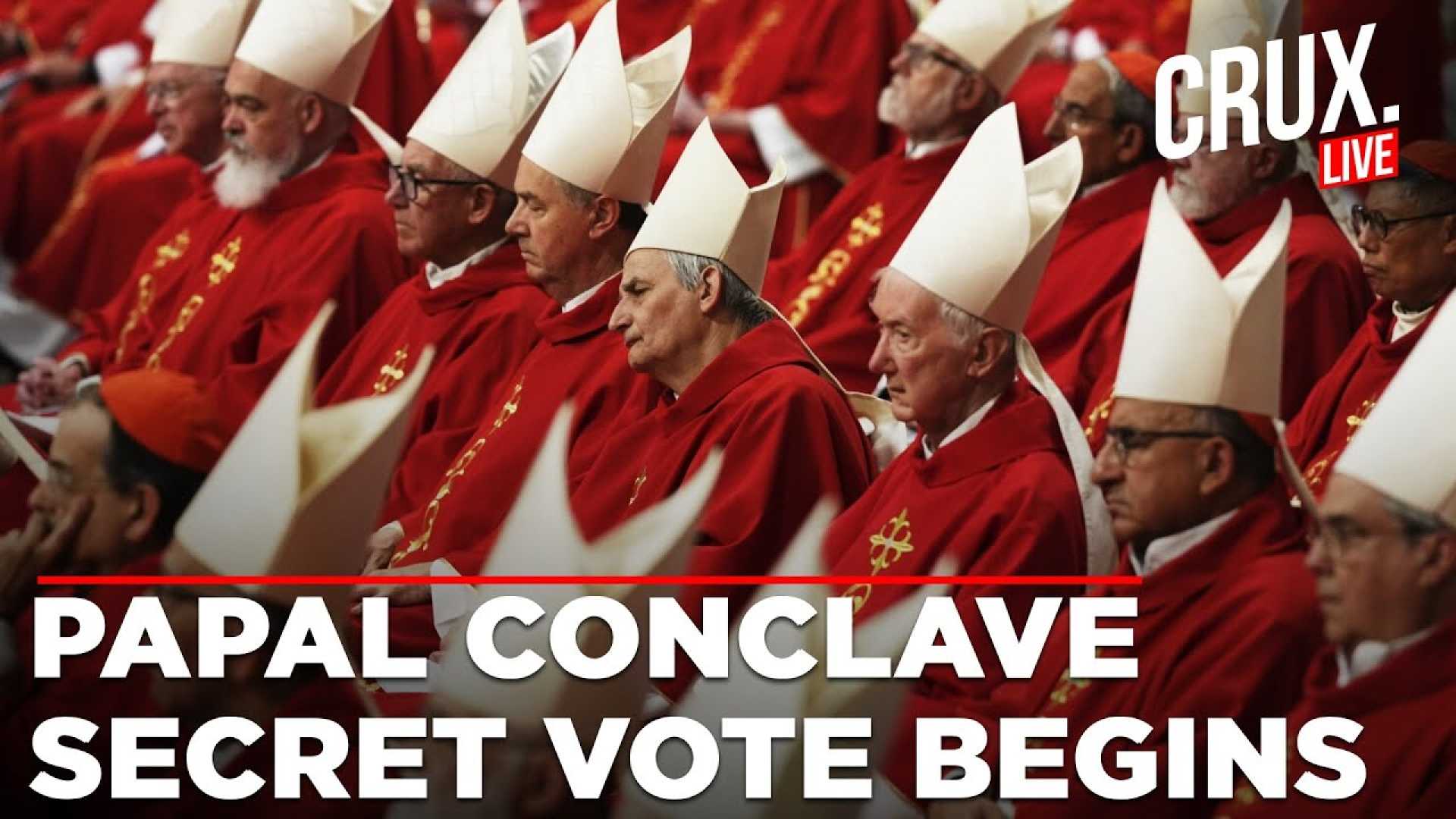World
Cardinals Prepare for Papal Election Amid Speculation

VATICAN CITY — This week, cardinals from around the world will gather to begin the process of electing a new pope following the funeral of Pope Francis on April 26. The selection will occur behind the historic doors of the Sistine Chapel, beginning on May 7.
The Vatican’s conclave, which is a secret voting process, involves 135 cardinals under the age of 80 who will cast ballots to choose the Church’s next leader. Currently, the Catholic Church has approximately 1.4 billion baptized members globally, making this decision highly significant.
Roberto Regoli, a professor at Rome’s Pontifical Gregorian University, explained that while these elections resemble public elections, cardinals typically do not openly campaign for the papacy. “It’s a lot of work,” Regoli said. “You have no time to do anything for yourself.”
The conclave process will commence after days of meetings, referred to as congregazioni, allowing cardinals to discuss their vision for the next papal leadership. Voting will take place in private and will require a two-thirds majority to win.
Traditionally, the outcome of such conclaves can be unpredictable. In 2013, for instance, Pope Francis emerged as a surprise choice during the process. This year, observers speculate on a diverse range of candidates who may serve to either continue Francis’s progressive legacy or shift towards more traditional views.
Potential frontrunners include Cardinal Luis Tagle from the Philippines, known for his pastoral style and consideration for marginalized groups; Cardinal Pietro Parolin, the Vatican’s Secretary of State recognized for his diplomatic experience; and Cardinal Robert Sarah of Guinea, a staunchly conservative figure.
After the conclave’s starting date, cardinals will be sequestered in the Sistine Chapel without access to outside communication until a new pope is named. Observers outside will know the outcome based on the color of smoke emitted from the chapel’s chimney: black indicates no decision, while white signals the election of a new pope.
The cardinals’ deliberations will not only focus on spiritual leadership, but will also address modern challenges facing the church, including the declining membership in the West, geopolitical dynamics, and calls for a leader who can promote unity and counteract recent internal divisions.
As discussions intensify inside the chapel, the international community awaits the announcement of Francis’s successor, one who will inherit both the legacies and challenges of the previous papacy.












